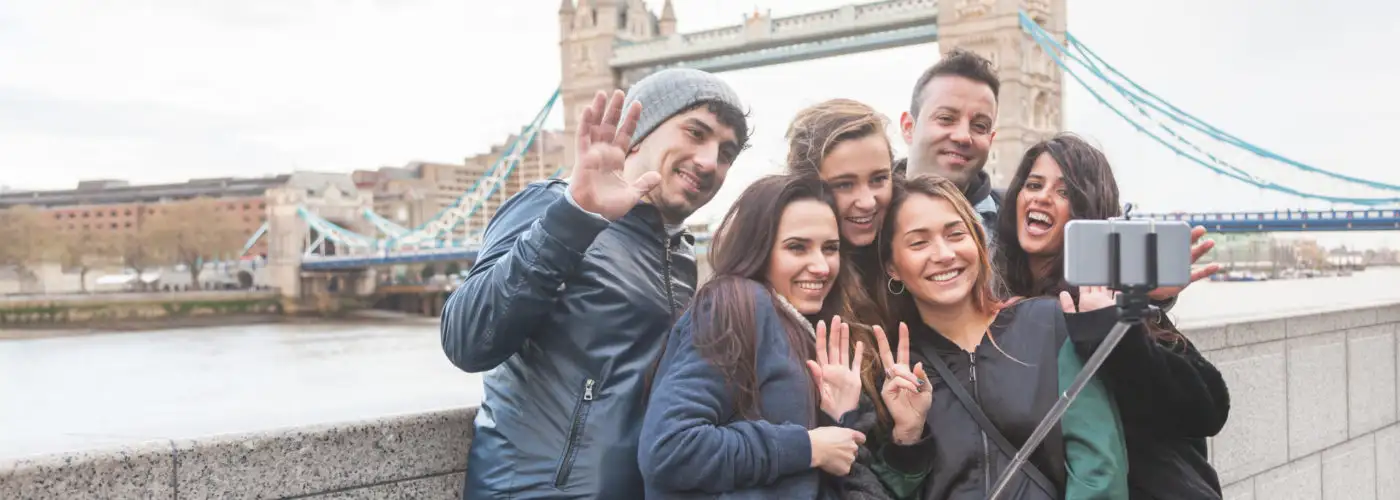These rules of urban behavior apply in nearly every city across the world—are you guilty of violating them?
Stopping in the Middle of Sidewalks

Being in the big city is magical for you, the tourist. For the locals rushing by trying to get to work on time, not so much. Treat sidewalks like streets—don’t stop abruptly in the middle to check your directions or snap a photo. Instead, pull over to the side where you won’t be in the way.
Taking a Cab During Rush Hour
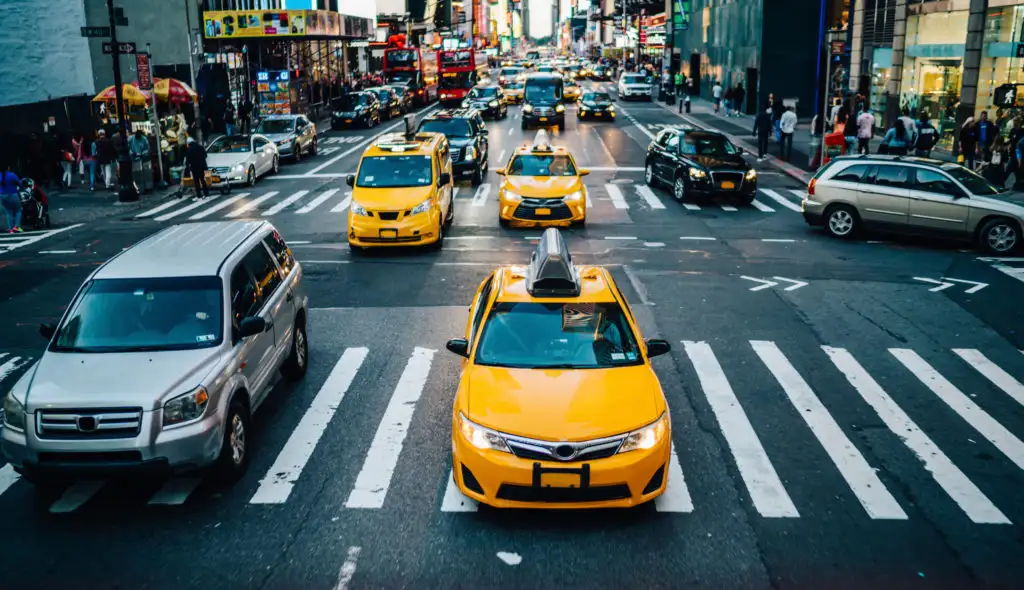
Hailing a cab or calling a rideshare might be easier than walking to your destination or trying to navigate the subway system. But during rush hour, it will likely take you much longer to cross the city in a car than it would via public transportation.
Standing on the Wrong Side of the Escalator
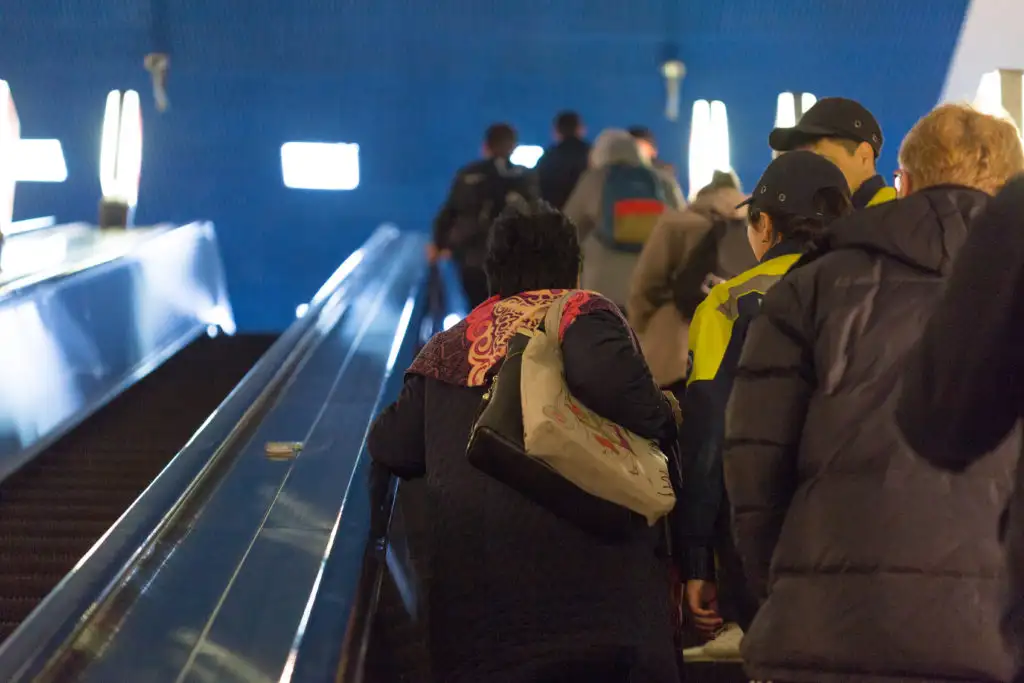
Despite having different rules of the road, the escalator rules are the same from London to New York: stand on one side, walk on the other. This allows people who are in a hurry to climb the escalator quickly, while those who need a rest can ride up (usually on the right-hand side). Recently, some cities like Hong Kong and London have tried to convince riders to stand on both sides of the escalators based on the theory that it actually moves people more quickly, but these campaigns have been largely unsuccessful.
Wearing Uncomfortable Shoes
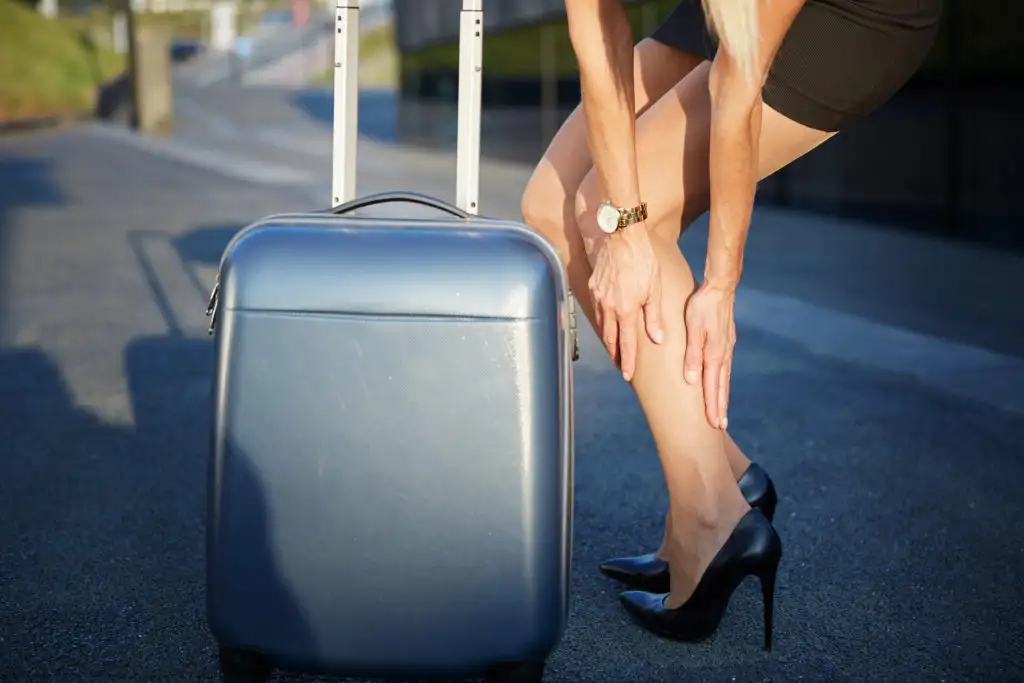
Walking is by far the best way to explore a large city. You’ll get to stroll through new neighborhoods and discover gems you won’t find in any guidebook. So don’t let your wanders be cut short by foot pain. Make sure you pack shoes that you can walk for multiple miles in—and don’t worry, there are plenty of stylish options out there that won’t mark you as a tourist.
Pushing Your Way Onto Public Transportation
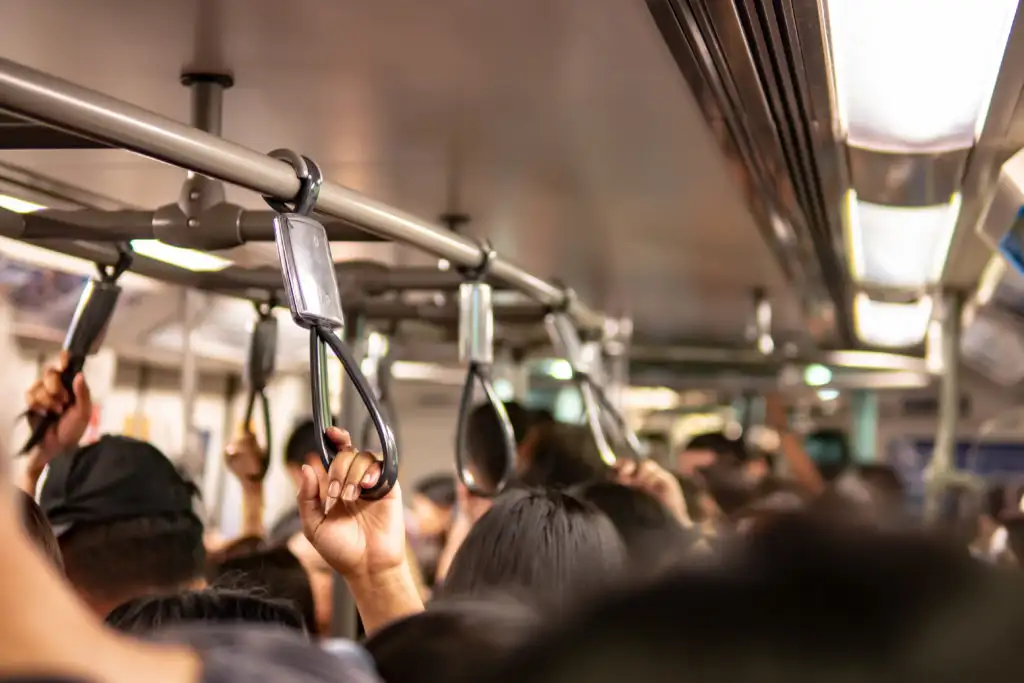
People can’t get off the train or bus if you’re pushing your way on before they have a chance to exit. Be polite and stand to the side of the door until everyone who needs to exit can get off before you get on.
Feeding the Pigeons
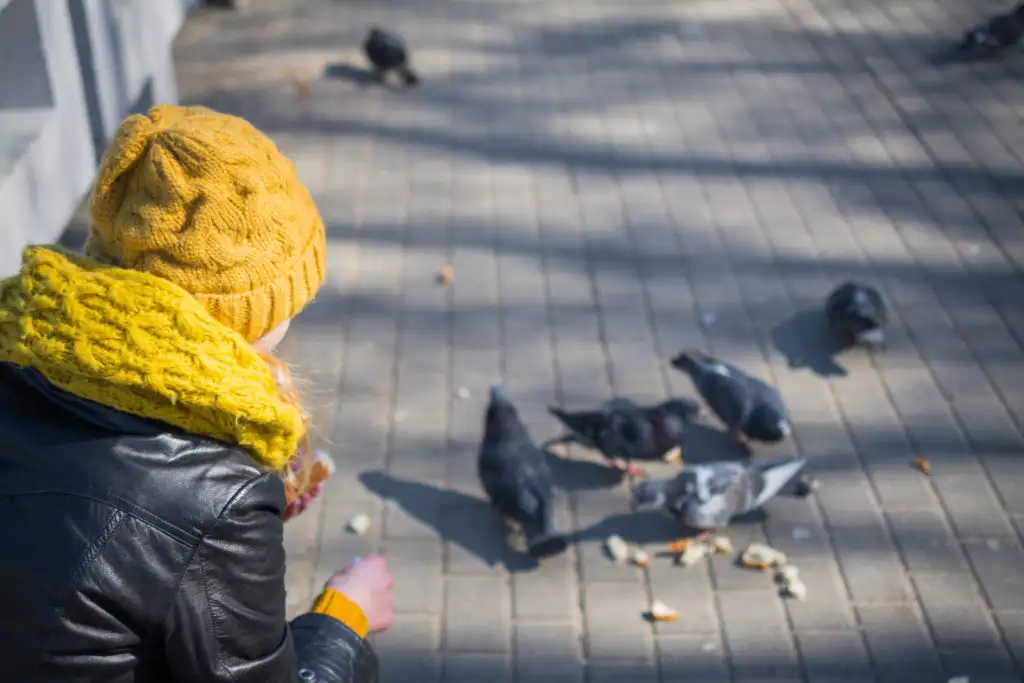
Feeding the flocks of pigeons that live in cities is so popular that places like Venice have imposed fines (of hundreds of euros) on the tourists who engage in the behavior. Although it may seem like a fun activity, it’s actually bad for both the birds and the city. When pigeons are fed human food, they lose their ability to scavenge on their own and start eating food that’s not in their natural diet. It’s also bad for the city: Pigeons carry diseases that can infect humans, and the leftover food also attracts rats.
Caroline Morse Teel is the Managing Editor at SmarterTravel. Follow her on Instagram @TravelWithCaroline for photos from around the world.
Editor’s note: This story was originally published in 2019. It has been updated to reflect the most current information.
You Might Also Like:
• How to Totally Fail at Blending in Abroad• The One Thing You Should Do in Every U.S. State
• Travel Safety in Singapore: Warnings and Dangers
• Is Belize Safe? What Travelers Need to Know
• Warnings and Dangers in Sweden: Is Sweden Safe?
We hand-pick everything we recommend and select items through testing and reviews. Some products are sent to us free of charge with no incentive to offer a favorable review. We offer our unbiased opinions and do not accept compensation to review products. All items are in stock and prices are accurate at the time of publication. If you buy something through our links, we may earn a commission.
Related
Top Fares From Newark, NJ
Today's Top Travel Deals
Brought to you by ShermansTravel
Shop and Save with Country Inns...
Patricia Magaña
 Hotel & Lodging Deals
Hotel & Lodging Deals
$229 -- Chicago: Discounted Rates and...
Francesca Miele
 Hotel & Lodging Deals
$229+
Hotel & Lodging Deals
$229+
$188 -- Honolulu: Save on Oceanview...
Abigail Lamay
 Hotel & Lodging Deals
$188+
Hotel & Lodging Deals
$188+
